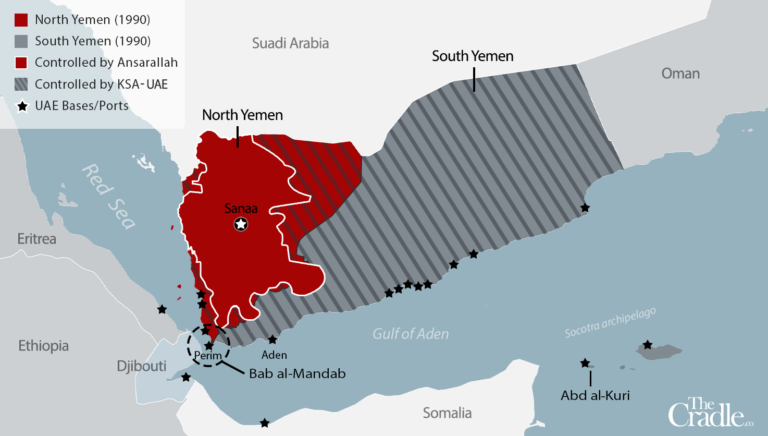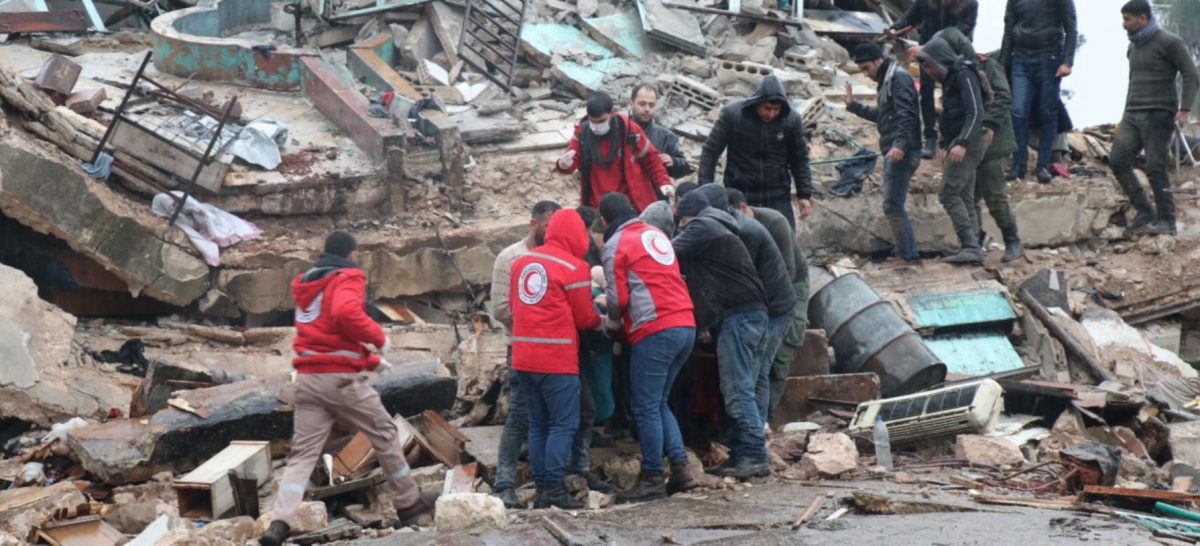The map above, showing UAE military bases in and around Yemen, is from The Cradle, an excellent news source on West Asian diplomacy.
I have long had a lot of respect for the work of Washington Post columnist David Ignatius, whom I first came across, briefly, when we both working as journos in Beirut in the early 1980s and whom at a personal level I like. His work is generally pretty smart and well-informed. And though he has long been eager to be close to the centers of power, especially at the highest echelons of the U.S. military and intel agencies, many of the opinion pieces he has written over the years that explicitly or implicitly conveyed the views of those officials did two helpful things: (1) They provided an informative view into the thinking of those officials. (2) They put the snippets of info he provided about those officials’ views into a generally smart and sometimes slightly critical context. (Though never quite critical enough for him to lose his access?)
Today, he had a piece in the WaPo that had neither of those qualities and that instead just seemed to be full of hyper-defensive and deeply misleading analytical blather. Lest anyone be tempted to think he is still a smart analyst and thinker, I thought I should comment on some of what he wrote, point-by-point.
I’ll comment, you decide, folks!
Continue reading “David Ignatius’s wildly misleading take on West Asia diplomacy”

